Bachelor of
Medical Science (Laboratory Medicine)
Entry requirements
Key information
VIEWING DOMESTIC
VIEWING INTERNATIONAL
Entry requirements
Key information
overall
overall
Note: Part-time equivalent study options are not available for international students.
Unlock a world of rewarding and in-demand careers in medical and laboratory science
A degree in Laboratory Medicine opens the door to a wide range of dynamic careers across hospitals, research labs, public health, and private pathology services. Whether you're analysing patient samples, investigating disease outbreaks, or contributing to cutting-edge medical research, your expertise will play a vital role in diagnosing and preventing illness.
Salary
$90K
typical salary in Australia
Jobs growth
5.6%
5-year projection
Medical Scientist
Medical Scientists investigate the causes of disease and help develop better ways to diagnose, treat, and prevent illness. Specialising in areas like haematology, immunology, microbiology, or molecular genetics, they work in both research and clinical settings.
Their role involves designing studies, analysing trial data, assessing medical devices, and sharing findings through reports and presentations. By collaborating across teams and contributing to medical research, Medical Scientists play a key role in advancing patient care and improving health outcomes.
Sources: Seek Australia, 2025
With further postgraduate study and work experience, careers could include:
Diagnostic Medical Scientist
Specialises in the accurate identification of disease through laboratory testing, often in a specific diagnostic area such as virology, histopathology, or immunology. Works closely with pathologists and clinicians to support timely patient care.
Opportunities exist in public hospitals, private labs, and national pathology networks, contributing to areas such as cancer screening, infectious disease detection, and chronic condition monitoring.
Clinical Scientist
Combines scientific expertise with clinical application, often taking on advisory roles in test interpretation, method development, and laboratory innovation.
Clinical Scientists may also be involved in validating new diagnostic technologies and maintaining quality assurance standards.
Management Medical Scientist
Oversees the operations of laboratory departments, manages teams of scientists and technical staff, and ensures compliance with safety and quality standards.
This leadership role involves staff training, equipment oversight, budgeting, and liaising with clinical stakeholders to support efficient diagnostic services.
What will you study to start your career in laboratory medicine?
Study the science behind disease detection and diagnosis with a focus on pathology, microbiology, haematology and clinical biochemistry. Gain hands-on experience through extensive laboratory training and real-world placements in diagnostic settings.
Prepare for a bright future career with our step-by-step guide designed for students of the four-year Laboratory Medicine course.
- Year 1
- Year 2
- Year 3
- Year 4
In your first year, you'll build a strong foundation in core medical science areas including physiology, histology, biology, chemistry and skills for medical scientists. You’ll also choose from a range of option topics such as chemistry, biostatistics, Indigenous studies, public health, or communication.
Year 1 - Core topics
Your first year might include the following topics. For exact topic information, visit the course Handbook.
In your second year, you'll deepen your understanding of medical science through core topics in biochemistry, immunology, infectious diseases, molecular biology, virology, and human genetics. You’ll also have the opportunity to focus your interests by choosing optional topics.
Year 2 - Core topics
Your second year might include the following topics. For exact topic information, visit the course Handbook.
In the third year, students focus on advanced laboratory skills and clinical applications. This year emphasises practical experience, research methodologies, and professional development in laboratory settings.
Year 3 - Core topics
Your third year might include following topics. For exact topic information, visit the course Handbook.
- Pathophysiology
- Advanced human molecular genetics
- Biochemistry
- Microbiology
In your fourth year, you'll gain extensive hands-on experience through 24 weeks of clinical placement in accredited diagnostic laboratories.
This Work-Integrated Learning (WIL) opportunity allows you to apply your knowledge across a range of disciplines in both metropolitan and regional South Australian labs, including placements available through Rural and Remote Health SA.
Year 4 - Core topics
Your fourth year will involve Work-Integrated Learning (WIL). For exact topic information, visit the course Handbook.
- Professional practice for medical science
Pursue laboratory medicine placements through the Regional External Program
Develop your skills in diagnostic pathology while contributing to regional health care.
The Bachelor of Medical Science (Laboratory Medicine) (Regional External Program) follows the same study plan, with a unique focus on regional professional practice. In your final year, you’ll complete 24 weeks of full-time placement in accredited diagnostic laboratories, with at least one placement undertaken in a regional location. Choose from a range of regional laboratory placements across South Australia, or Darwin.
Apply via SATAC
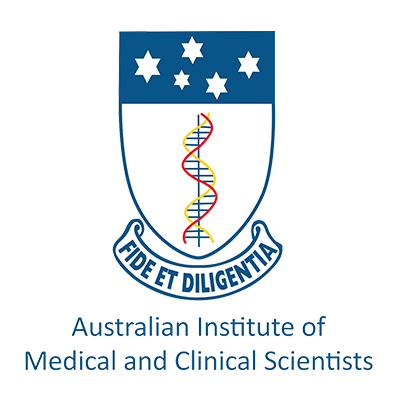
Accreditation or Professional Recognition
This program has been accredited by the Australian Institute of Medical and Clinical Scientists (AIMS). The course meets requirements as specified in the SA Health Allied Health Professional Credentials, including Access Appointments Policy Directive, for the SA Pathology credentialing process.
Connect with recent graduates in the industry
Flinders’ Industry Partner Mentoring Program connects students with recent graduates to support career readiness and confidence in the lab.
During placements, students are matched with early-career alumni mentors who share firsthand insights, practical tips, and encouragement - helping students get the most out of their placement experience.
Health Care and Social Assistance is Australia’s largest industry
and is projected to have strong employment growth through to May 2033
Jobs and Skills Australia 2024
No.1 in Australia
in Health Services & Support for full-time employment, learner engagement and skills development
The Good Universities Guide 2025 (undergraduate), public SA-founded universities only
Discover South Australia.
Where world-class education meets laid-back coastal living. With pristine beaches, acclaimed wineries, and vibrant festivals at your doorstep, South Australia offers an unmatched student experience.
Photo credit: SATC
Get inspired.
Discover more about Flinders University’s Bachelor of Medical Science (Laboratory Medicine).
Medical Science (Laboratory Medicine) at Flinders
Join Hannah on her journey to a career in Medical Science. Learn how studying the Bachelor of Medical Science (Laboratory Medicine) aligned with her career aspirations.
Explore a Career in Medical Science
Learn more about Medical Science study options at Flinders University. Hear from an alumna, and an industry partner.
“I have found every topic interesting and relevant to the career I'm aiming for and I have been able to progressively build on my knowledge – covering basic theories in detail for a better understanding of more complex concepts. ”
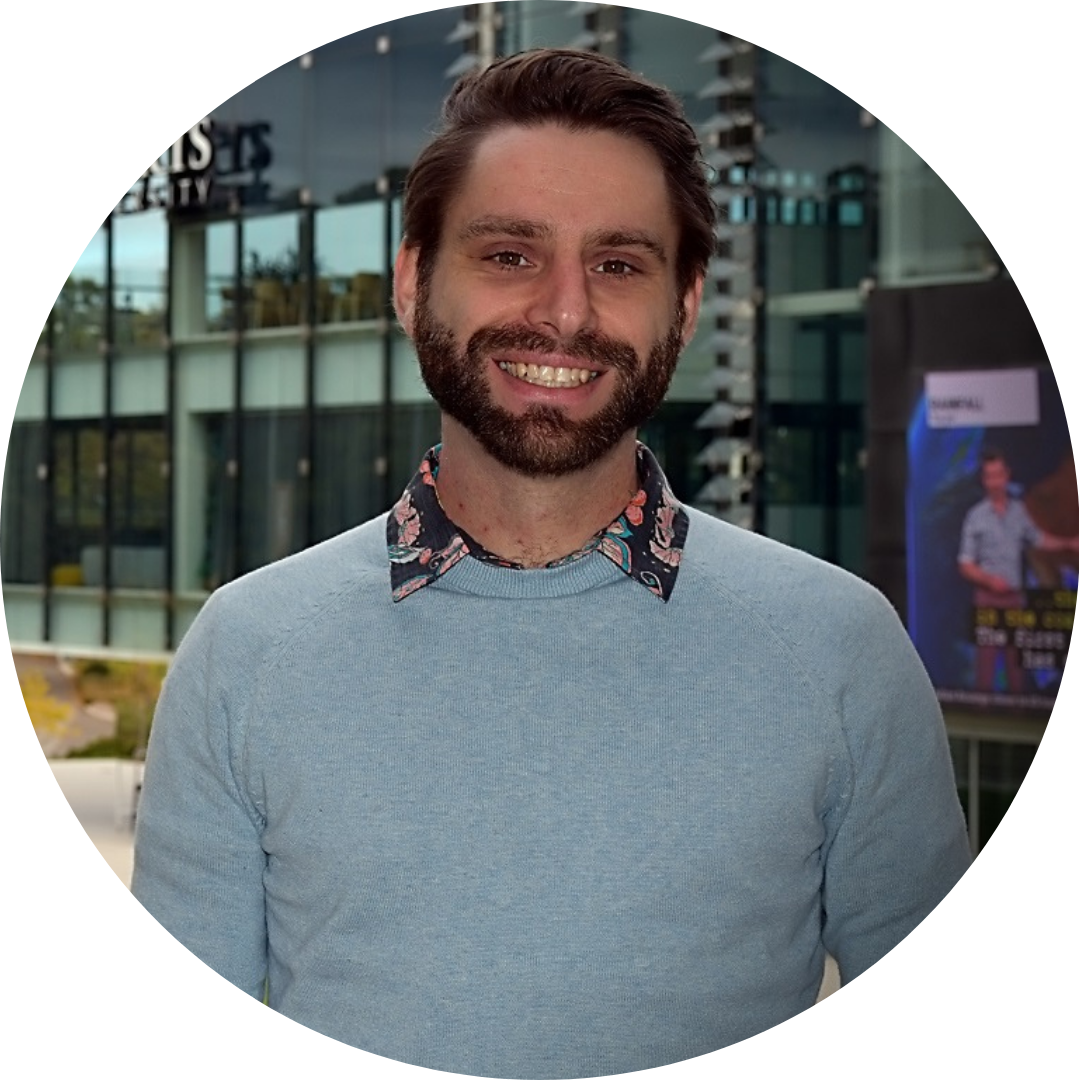
Paul Altmann
Bachelor of Medical Science (Laboratory Medicine)
“Academically, what also stands out is how early and consistently we're exposed to hands-on, practical learning. Even in my first semester, I've already had regular lab sessions, used microscopes, and worked on real-world topics like the molecular genetics of cancer. It's clear that Flinders places a strong emphasis on practical experience—not just lectures—which is something I really value in a science-based degree like mine.”
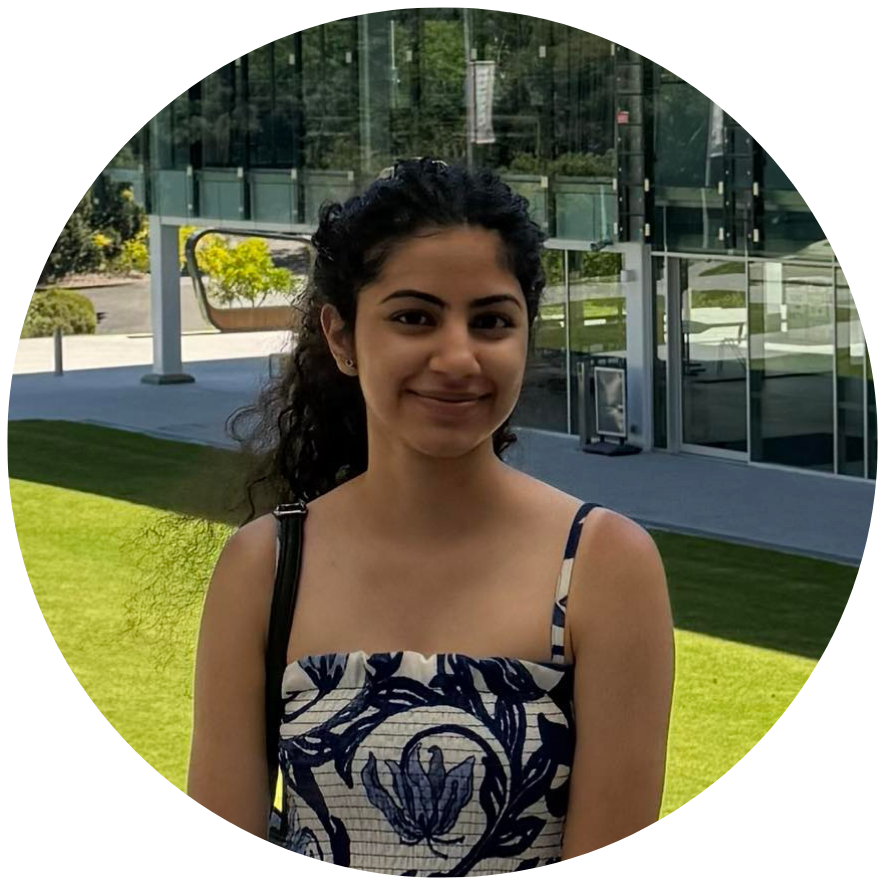
Arpan Saini
Bachelor of Medical Science (Laboratory Medicine)
“Throughout my placement, I continue to learn, develop new skills, enhance my knowledge, and prepare for what it is like to work in the field of laboratory medicine outside of university teachings. ”
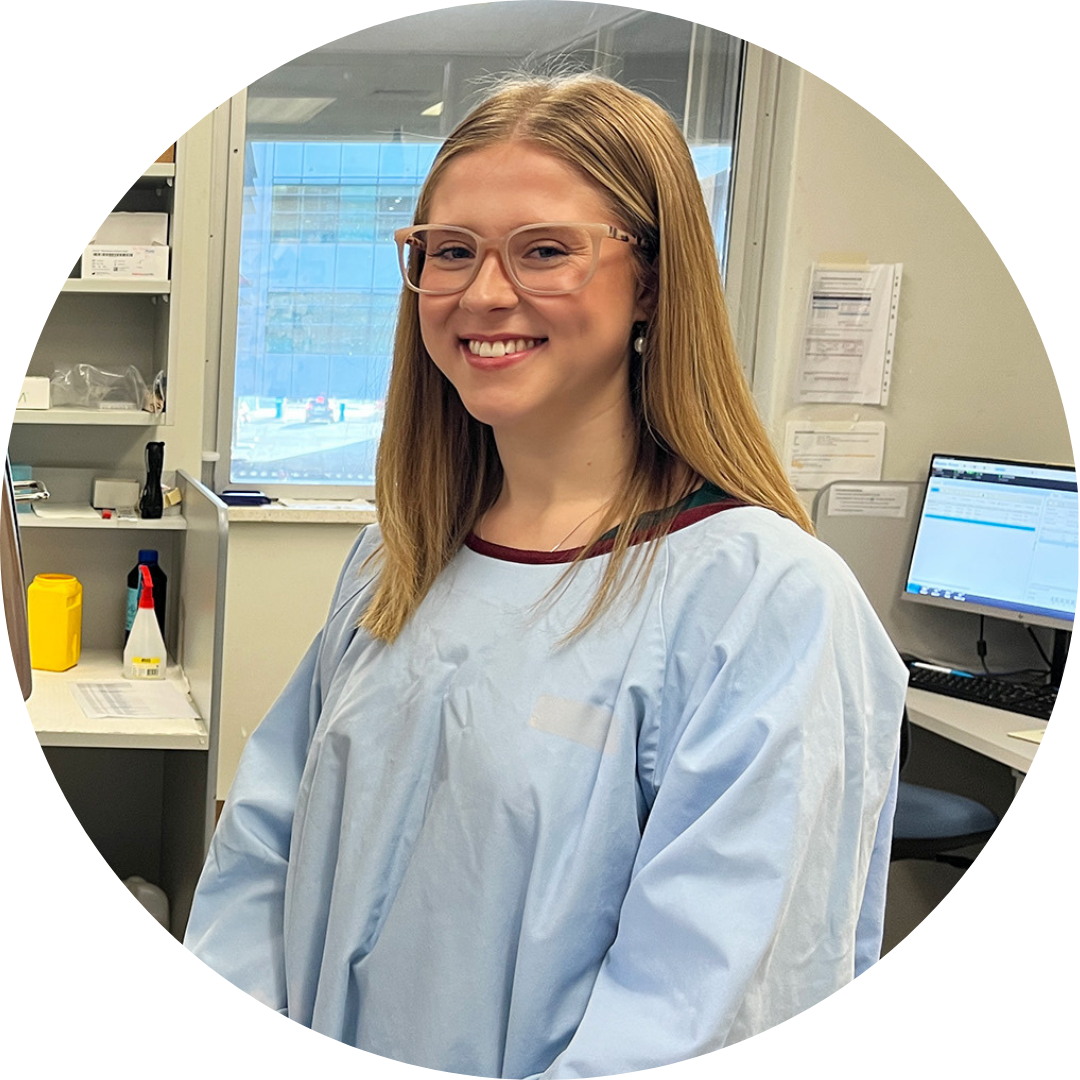
Hannah Gapps
Bachelor of Medical Science (Laboratory Medicine)
“Throughout my placement, I continue to learn, develop new skills, enhance my knowledge, and prepare for what it is like to work in the field of laboratory medicine outside of university teachings. ”

Hannah Gapps
Bachelor of Medical Science (Laboratory Medicine)
Need support?
International Student Services (ISS) is the first point of contact for international student support. The university also offers everything from cultural, health, and wellbeing services, to academic support.
Campus tours
Take a virtual tour of our campuses, guided by your fellow international students.
FUSA
Flinders University Student Association (FUSA) is the heart of the Flinders Experience. FUSA is where you'll find out about events, club memberships, and extracurricular activities.
Accommodation.
Adelaide has many accommodation options for international students. You can choose to live on campus, at our city accommodation provider The Switch, or in rental accommodation.
Flinders offers a vibrant, fun, supportive uni experience you’ll remember for a lifetime.
Need support?
From cultural, health and wellbeing services, to study and financial support, enrolment advice and more, we’re here to help.
Student clubs
Flinders University Student Association (FUSA) is the heart of the Flinders Experience. FUSA is where you’ll find out about events, club memberships and extracurricular activities.
Campus facilities
Flinders’ campuses are hubs of activity, with retail and food outlets, library spaces, study and chill spaces and more.
Learn from the experts.
Our incredible teaching and professional staff are experts in their fields and well-connected to the industry.
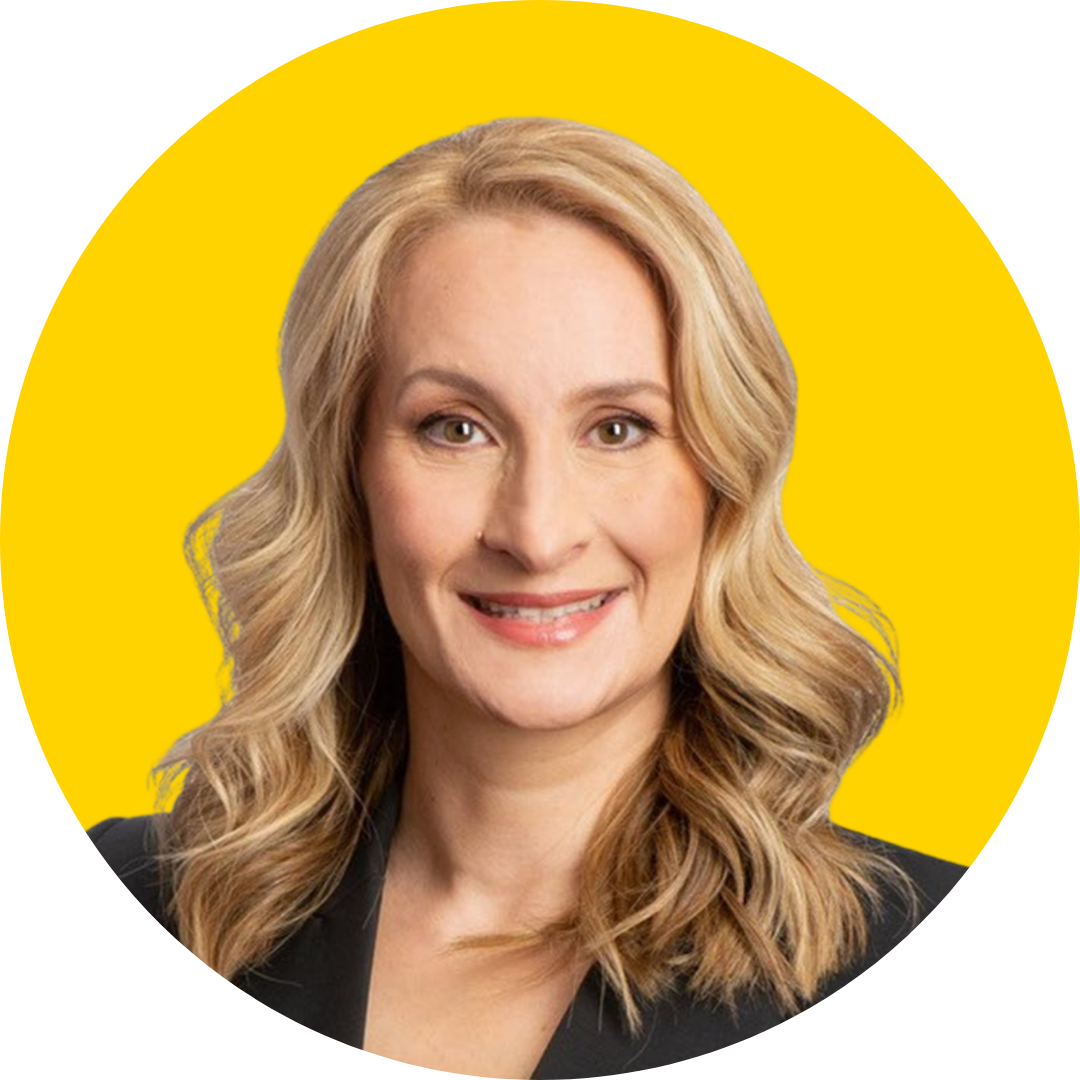
Course Coordinator
Associate Professor Voula Gaganis
Voula is a multi-award-winning educator and Associate Professor in Physiology, with a passion for active learning and innovation in medical science education.
With a career spanning research and teaching at Flinders, she has led course and teaching program coordination across Medical Science, Medicine, Paramedicine, and more. Voula is nationally recognised for her teaching excellence, including the 2024 STEMM Educator of the Year award, and continues to champion collaborative, student-centred learning in health and medical education.
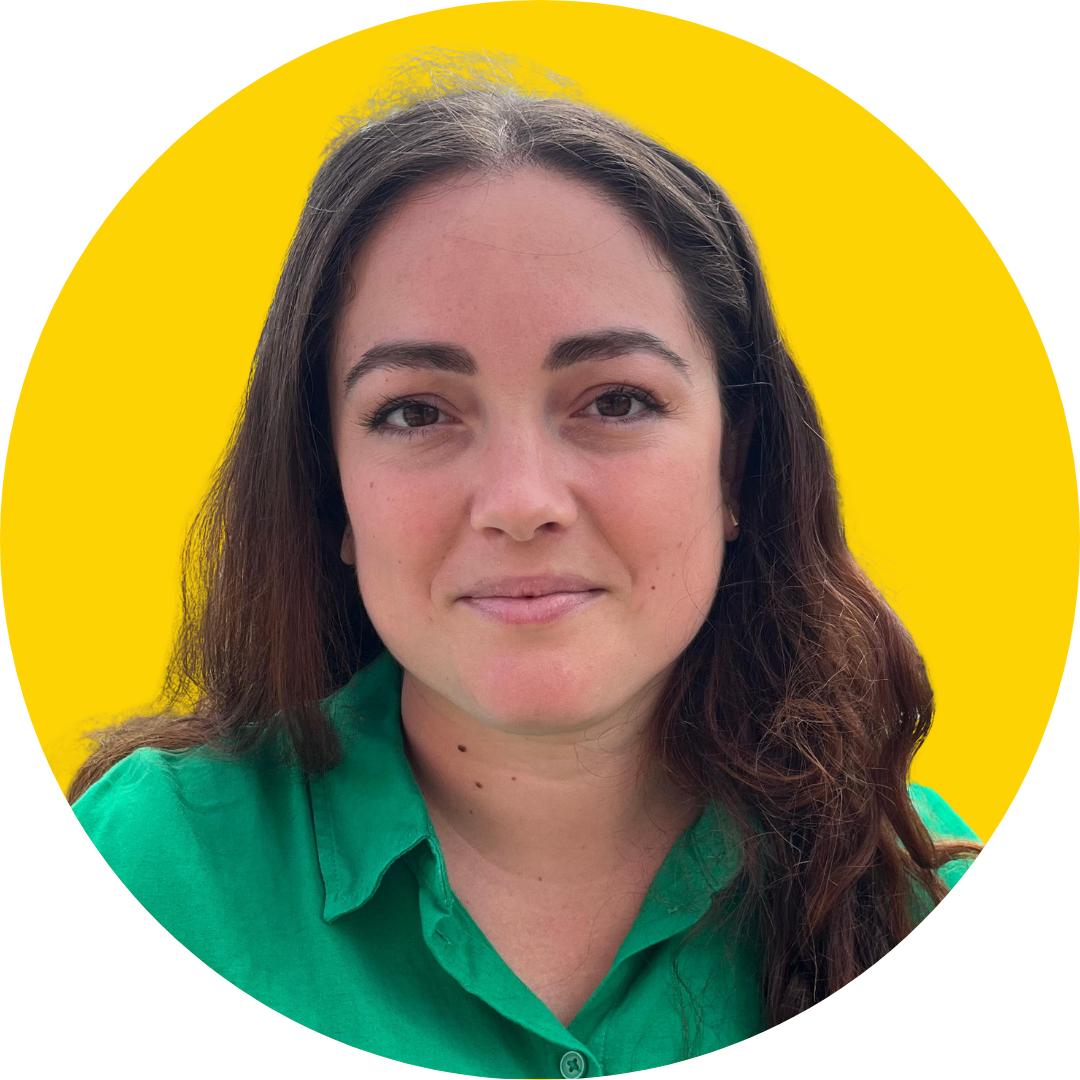
Year 1 Coordinator (Medical Science)
Dr Lara Escane
Lara is a dedicated educator and coordinator in the Medical Science program at Flinders University. She oversees first-year student experience and leads professional practice topics that prepare students for placements in diagnostic and research laboratories.
With a PhD in Molecular Medicine and Genetics, Lara brings research expertise in energy metabolism and cancer biology into her teaching. In 2024, she was recognised with a College award for Outstanding Student-centred Learning and Teaching.
Gain real world experience.
Practical, hands-on learning from first year is central to our student-centred approach, designed to support and enhance medical science education.
Students use cloud-based learning during physiology practicals, learn microscopy and visualise the human body up-close using real-life human tissue samples and high-definition digital specimens, and further engage in team-based learning with peers to understand and solve problems in advanced human molecular genetics.
There are no specific placement requirements, but some labs may have vaccination requirements, working with children or police checks, if working with patients.
Step into the world of Laboratory Medicine alongside Flinders student Hannah.
Let’s get started on your Flinders’ experience.
We know not everyone begins uni the same way, so we offer a variety of pathways into Flinders.
Use the dropdown to tell us a bit about you.
Alternative pathways
UniTEST
If you’re in Year 12, taking the free uniTEST can help boost your chances of getting into Flinders.
Research Project B Pathway
Strong results in your Research Project B subject along with your Year 12 results can be considered for entry.
Year 12 Grades Entry
By using three of your best Year 12 grades, you can also gain a place in your course of choice.
School Recommendation Program
Your school’s recommendation about your academic performance may be considered as part of your admission.
If you started uni but didn't finish, you may be able to gain entry into Flinders with a higher education transfer.
Higher education transfer
If you’re studying at another university, you may be able to transfer to Flinders based on your Yr 12 results, current GPA or other factors.
If you've had TAFE or VET training, you may be able to continue your study with Flinders.
TAFElink
Even if you didn’t finish high school (Year 12), you may be able to study at Flinders through your TAFE/VET qualification.
Dual offer pathways
You may be able to complete a TAFE SA course and have guaranteed entry into Flinders.
Credit transfer
The TAFE/VET stud you’ve already done may be able to be used as credit towards a Flinders’ course.
No ATAR? No worries. If you've got work or life experience, there are pathways into Flinders.
Flinders Foundation Studies
The Foundation Studies Program is free and guarantees entry to a range of degrees.
Skills for Tertiary Admissions Test (STAT)
The STAT is a 2-hour multiple choice test that assesses your abilities.
Year 12 qualifications
If you completed Year 12 more than two years ago you can still use your results to apply.
Concerned about your ATAR? If it doesn't meet the course requirement, or if you don't receive one, we offer alternative pathways to admission. Contact us to discuss your options—we're here to help.
- Entry requirements
- Application options
If you don’t meet our English language entry requirements and need to improve your English language proficiency, you can do so through Flinders University Academy – or our approved English Language Instruction Course for Overseas Students (ELICOS) providers.
This means that you can attend the required English language tuition at approved ELICOS providers and gain direct entry into university without an IELTS or TOEFL test.
If you don’t meet our academic entry requirements, you can still gain entry to Flinders University through Flinders University Academy. With a range of diplomas, foundation and English language courses, students can find a direct pathway into the destination degree of their choice.
How to apply
Select your course.
Check entry requirements.
Check your eligibility for credit.
Obtain certified documents.
Submit your application and documents.
Application options.
Apply online
Follow up our step-by-step guide to help you with your application to study at Flinders.
Find an agent
Our registered education agents around the world understand the university system and will guide you through the application process.
Contact us
Get in touch with our team to discuss your preferences, career options, pathways, and course and entry requirements. We are here to ensure you have everything you need to choose the right degree for you.
Don't meet academic requirements? Don't worry. We'll help you get there.
Preparatory courses
If you lack required English proficiency, improve through Flinders University Academy or approved ELICOS providers for direct university entry without IELTS/TOEFL tests.
Flinders University Academy
If you do not meet entry requirements for your desired degree, Flinders University Academy will provide you with a direct pathway into the destination degree of your choice.
Frequently asked questions.
Over the years, many questions have been asked by students before. For the quickest answers view our frequently asked questions or browse the full list @ Ask Flinders.
Graduates can work in diagnostic pathology, clinical research, medical laboratories, hospitals, and health departments. Roles include medical laboratory scientist, pathology collector, clinical coder, and research scientist.
You will gain hands-on laboratory experience, knowledge in clinical chemistry, microbiology, molecular biology, and diagnostic techniques, along with research and professional practice skills.
In the fourth year, you will undertake two 13-week placements, totalling approximately 900 hours of hands-on laboratory experience. These placements provide an opportunity to apply your learning in a full-time diagnostic pathology laboratory environment, ensuring you are ready for professional practice.
The Bachelor of Medical Science (Laboratory Medicine) program typically takes four years of full-time study to complete.
Yes, students will engage in research methods in medical science and gain experience through laboratory-based research projects.
- Applications are completed via SATAC
- Visit: satac.edu.au
The table below shows ATAR and Selection Rank data for students offered a place wholly or partly on the basis of ATAR commencing in Semester 1, 2025. It is limited to applicants that have recently completed secondary education (within the last two years). Data may reflect multiple courses available within a suite of courses.
Notes:
<5 – less than 5 ATAR based offers made
N/A – This course uses additional selection criteria and therefore Selection Rank is not published
| ATAR-based offers only across all offer rounds | ATAR - Excluding adjustment factors | Selection Rank - ATAR plus any adjustment factors |
|---|---|---|
| Highest rank to receive an offer | 95.20 | 99.95 |
| Median rank to receive an offer | 76.17 | 80.42 |
| Lowest rank to receive an offer | 57.75 | 61.00 |
The table below gives an indication of the likely peer cohort for new students in this course. It provides data on students who commenced study in this course in Semester 1, 2025 including those admitted through all offer rounds and international students studying in Australia. Applicant background groupings are based on educational background, not basis of admission. Data may reflect multiple courses available within a suite of courses.
Notes:
<5 – the number of students is less than 5
N/P – Not published: the number is hidden to prevent calculation of numbers in cells with less than 5 students
| Applicant background (Semester 1, 2025) | Number of students | Percentage of all students |
|---|---|---|
| Higher education study (includes a bridging or enabling course) | 44 | 37% |
| Vocational education and training (VET) study | 5 | 4% |
| Work and life experience | <5 | <5 |
| Recent secondary education - Admitted solely on the basis of ATAR (regardless of whether this includes the consideration of adjustment factors such as equity or subject bonus points) | 28 | 24% |
| Recent secondary education - Admitted where both ATAR and additional criteria were considered (e.g. portfolio, audition, extra test) | <5 | <5 |
| Recent secondary education - Admitted on the basis of other criteria only and ATAR was not a factor (e.g. special consideration pathways) | 17 | 14% |
| International Students | 18 | 15% |
| All students | 118 | 100% |
Frequently asked questions.
Get in touch with us to discuss your preferences, career options, pathways and course and entry requirements. We are here to ensure you have everything you need to choose the right degree for you.
The type of documents you will need for your international application depends on what course you are applying for and which country you are a citizen of. Course requirements are stated on each course webpage. Examples of documentation you might expect to provide for your international application include a copy of personal identification, academic transcripts or a resume.
Once you have received your Confirmation of Enrolment (CoE) letter from Flinders University, you should apply for your visa as soon as possible as visa processing times can vary. You will receive your CoE letter after you have applied to study at Flinders, accepted your offer and paid the semester tuition fee.
No. Part-time study is currently not available for international students due to visa conditions.
No. Online study is currently not available for international students due to visa conditions.
If you don’t meet our English language or academic entry requirements, you can still gain entry to Flinders University through our on-campus pathway provider Flinders University Academy. Alternatively, you can improve your English language proficiency through our approved English Language Instruction Course for Overseas Students (ELICOS) providers.
You can apply to study as an international student directly through Flinders University or an authorised agent in your country.
If you are from one of the countries listed, you are required to apply via an education agent. If you reside onshore in Australia, you will not require an agent even if you are from the countries listed above.
Yes. As a student visa (subclass 500) holder, you and your dependents (family members) can work up to 48 hours a fortnight when your course of study is in session. If you have started a master degree by research or doctoral degree, this rule does not apply to you and working hours are not restricted.
Our dedicated International Student Services (ISS) team provide a range of programs supporting your enrolment, study and social life, as well as a referral service to facilities on campus and within the local community.
![]()
Sturt Rd, Bedford Park
South Australia 5042
South Australia | Northern Territory
Global | Online
CRICOS Provider: 00114A TEQSA Provider ID: PRV12097 TEQSA category: Australian University








